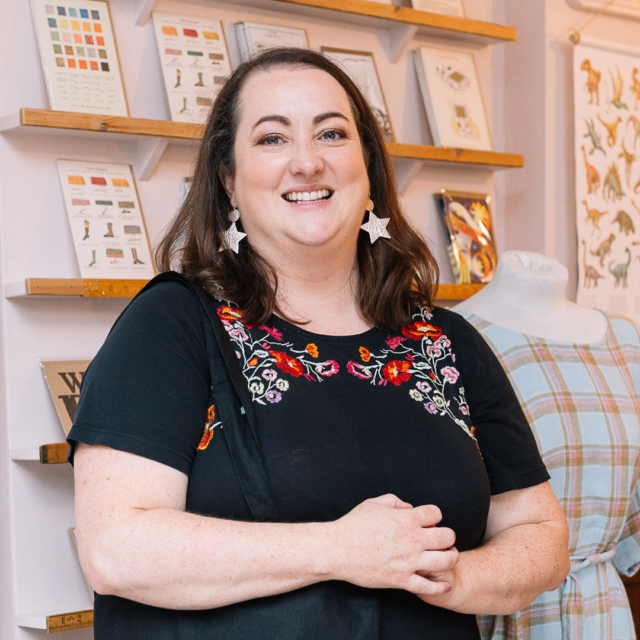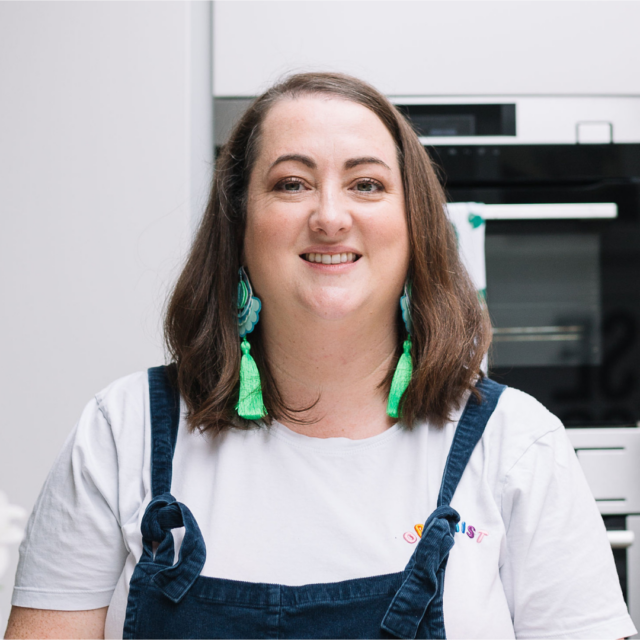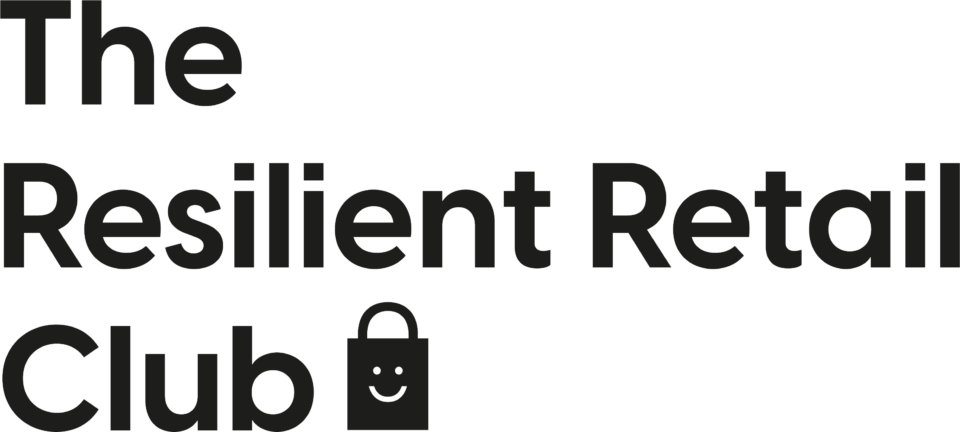What Success In 2021 Looks Like
Facilitated by improvements in technology, we’re seeing a big rise in people starting creative product businesses. With digital services and the ever-increasing reach of the Internet making personal enterprises easier than ever to launch, and in creating an environment in which customers are more confident buying from small and local businesses online, how can you stand out in an increasingly crowded marketplace and find success in 2021?
In episode 25 of The Resilient Retail Game Plan, I want to revisit some of my most useful tips and re-share some of my most enduring small business mantras to help you and your businesses grow this year.
We’ll review ‘Knowing Your Niche’ and set about defining what it is that you offer that is uniquely ‘you’ and distinguishable from your competitors. We’ll discuss how to get clear about who your customers are, where your products fit into their lifestyles, their expectations and how we’re not really selling products but solving customers problems. And we’ll cover the growing importance of sharing your story and connecting with your customer base in order to create long-lasting relationships between them and you and your products.
No time to listen? Read the episode in this blog post below!
You’re not alone
2020 saw an explosion of e-commerce product businesses – there were 26,000 of those types of businesses starting out. People taking the plunge to sell products online and there’s lots of reasons for that. Small business ownership has been rising over the last few years and of course in 2020, there was a huge rise in the number of people who were enjoying the benefits of working from home, having more flexibility and having more control. Plus of course those who were on furlough for the very first time.
So there has been lots of people creating something for themselves that they could do from their home, that could generate real income for them and then could give them that freedom – no commuting, the ability to work around their families that they really wanted.
We can’t ignore that it’s also the so much easier to access the technology that you need in to launch your product business and that customers are much happier buying from small businesses. In fact, they actively want to support them. In the earlier days of online selling, for example, you had to convince someone that it was safe to purchase from you, that they were definitely going to get their goods and that they would be able to resolve an issue should it arise.
2020 – we saw people flocking to buying online, a lots of customers who maybe previously wouldn’t have felt comfortable shopping online were racking up the sales.
So that’s many of the reasons why so many people are starting their own product businesses but what does it take to make them a success? And that’s really what I wanted to focus in on this episode.

Know your niche
Knowing your niche, I’ve said it before, I’ll say it again. It is so important. Now more than ever in fact with so much competition. Why are you different from your competitors? Why would somebody buy from you not a competitor? Do your products have a certain aesthetic? Is your brand unique? the beliefs that form your brand? Do you serve a very specific customer?
When there are 26,000 e-commerce product businesses entering the market it’s hugely positive in so many ways because it speaks to the size of the opportunity out there for those business owners. However, it also sets the competition challenge. If you’re in a very crowded marketplace then a simple competitor mapping process is essential and very useful! For example, if you make candles and you want to understand how you compare to the competition then draw out a map.
When you start mapping you will realise that despite lots of other people doing the same things as you can start identifying where it is that you sit and where the gaps are and where everybody’s crowding together. Then you can shift and flex – it helps you really focus on what you want your product business do be.
Who’s your customer?
In 2021, you need to be really clear about your customer. Specifically, you need to be clear about where your customer is right now and how you could create the products that will fit into their lifestyle. A great example is a company called Partners in Wine started by Lucy Hitchcock. They make a bottle that you can pour a bottle of cold chilled wine into and take it to the park, have a picnic with your friends and it keeps it cool. It also keeps your mulled wine hot during the wintertime! It’s bit like a water bottle but for wine and they have matching tumblers. For the customer who suddenly finds that all of their socialising has to take place outdoors it’s perfect. Plus it’s not just a one hit wonder type product, it will also be really appealing to everybody who is concerned about minimising their waste – you no longer have to take those horrible plastic cups with you to the park, you can take these beautiful stylish stainless steel tumblers as well as your perfectly chilled bottle of wine or your perfectly warm mulled wine.
Lucy really understood her customer and looked for products that met their current needs. We’re not selling products, we are solving problems. I’ve talked about this before we are selling items that solve problems for people. Think about the problems that your customers have right now – maybe spend some time talking to your customers and really getting your head around where they are, what kind of support that they need, what their problems are and see how you can help solve those problems.
Knowing your customer in 2020 is more important than ever before. And don’t be afraid to meet them where they are. Ultimately, all success in retail and product based businesses comes down to one thing, creating products that are perfect for your customers and putting them out there for them to buy.
Let’s get digital
Online shopping has become the new norm. It has grown substantially in the last few years and particularly in the last year as a result of everything that we’ve talked about and the closure of physical stores, or just generally the need to stay home and stay safe.
It has opened up a huge opportunity for small businesses who have a strong digital presence. The flip side of this your customer’s online shopping expectations have shifted. They now know how easy it is to shop online with you – they trust you, they trust that they will get their products and that they will be compensated if they don’t. So the trust is there, which really helps. At the same time, the high expectation is there and delivery can really shake that trust if you don’t get your customer service spot on.
People feared that when Amazon Prime was launched it would hit small business hard because of the delivery timescale. However I do think that customers recognise that smaller retailers can’t replicate that – they don’t have the same infrastructure, staffing etc. They are willing to wait, especially if it’s a handmade product, but hey are expecting a very high level of customer service.
Make sure you’ve worked through in advance all the different scenarios of the ways in which you’re going to deal with customer queries and make one of your priorities, ensuring that you’re dealing with them promptly and clearly.
Give excellent customer service and your customers will return.
Share your story
People want to know your stories! They want to feel that connection with you and they want to shop and support people who share their values. Share the passion you have for your products and for your business values. Take your customers on your journey- show people what you believe in and show them how hard you worked on these products.
People will buy what you get excited about. If you’re not excited about your product, then chances are they won’t be either. So share that excitement, share the behind the scenes and let your customers feel special and part of the ‘family’.
On that note never forget that you are the most important asset in your business and showing your enthusiasm, your excitement is only going to help you sell your product. To do that you need to look after yourself – know what you need to do to keep that energy and excitement going for your business. Do you need more support? Do you need better boundaries about taking time off? Do you need more support outside the business in your day-to-day life?
Look after yourself and you can then look after your business!







